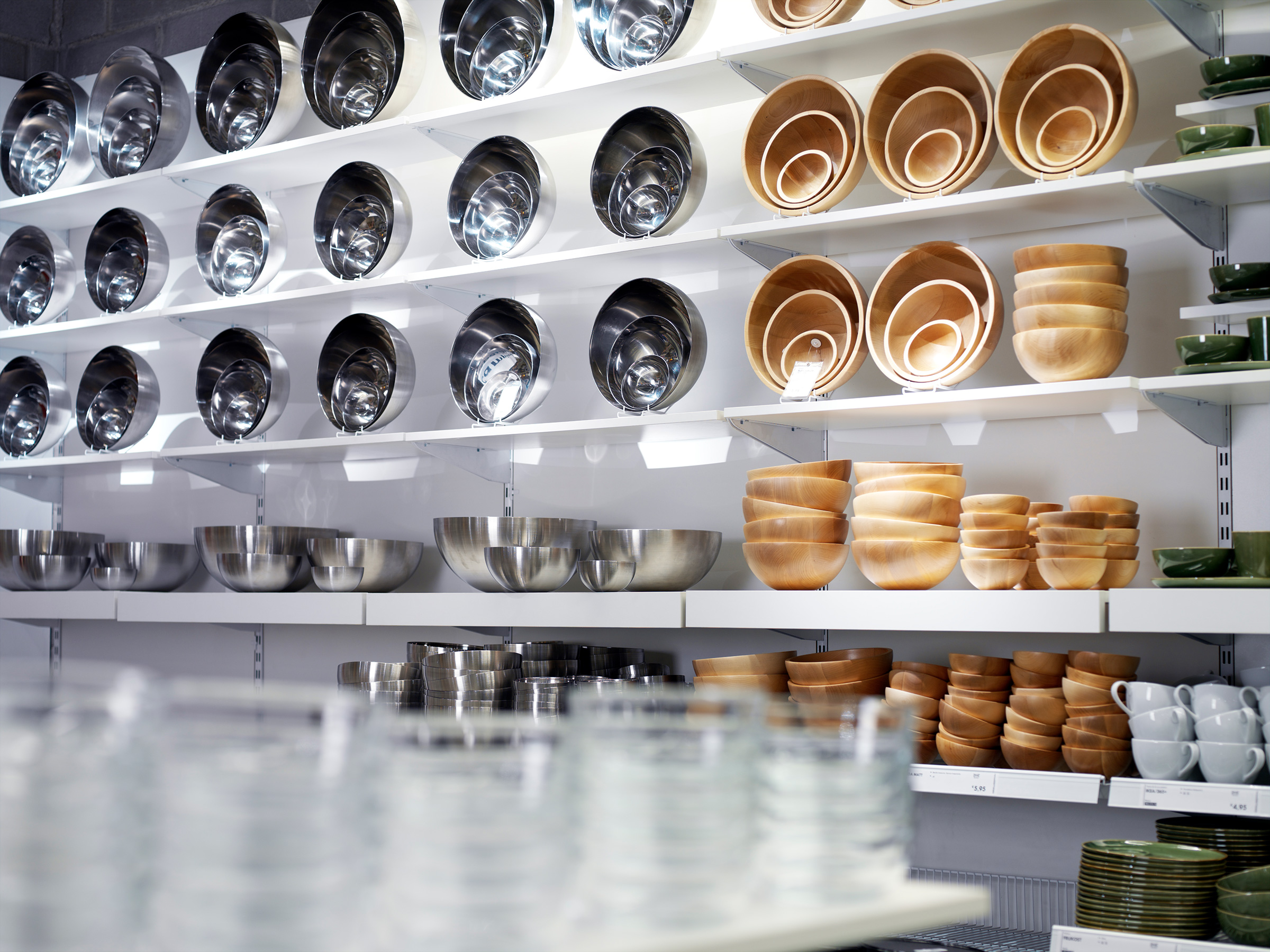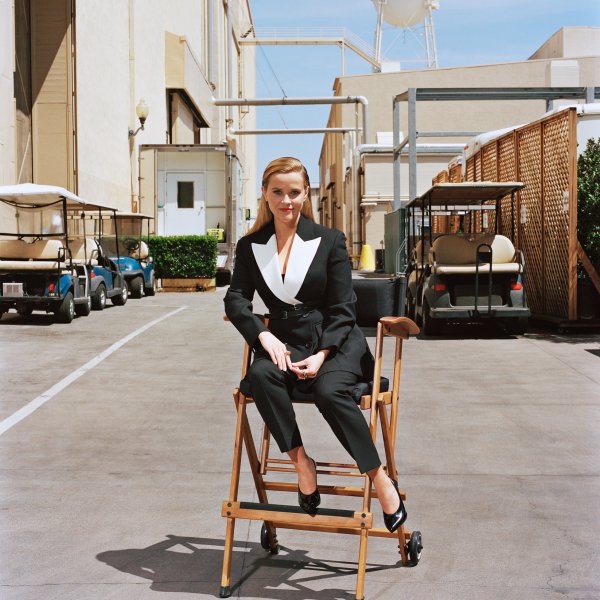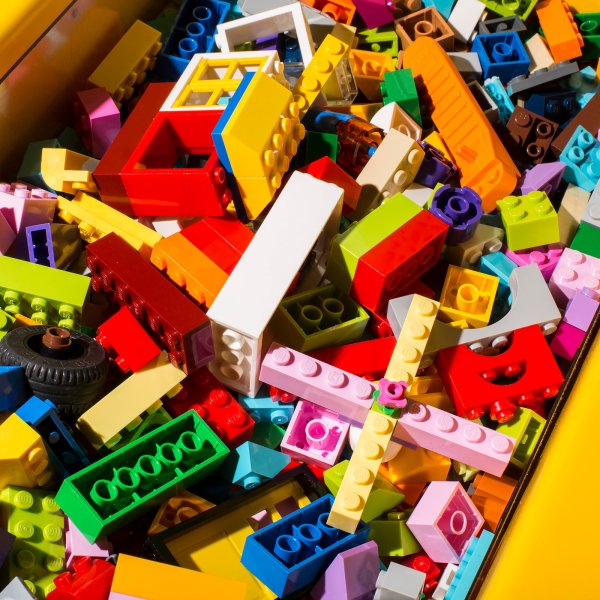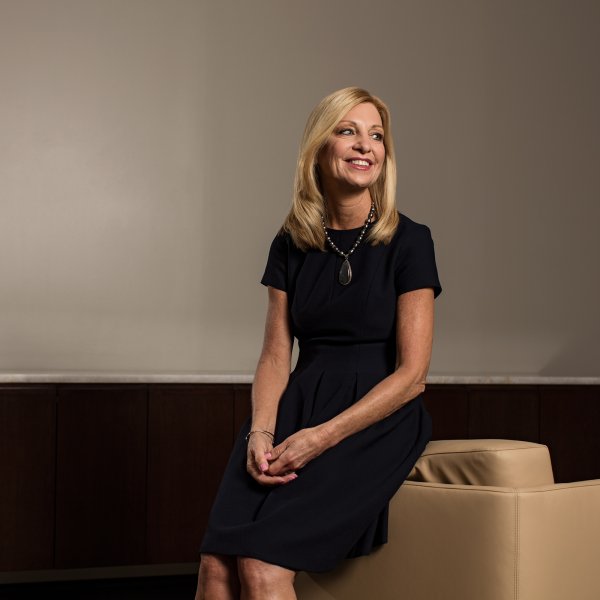For decades, Ikea has been a byword for the kind of functional mass-produced furniture you might buy to deck out your first post-college apartment. (Nice, but ultimately disposable.) Now the Swedish giant, with 455 stores in 60 markets, is making strides toward a more sustainable future. By retooling its supply chains, the company hopes to become climate-positive—reducing more greenhouse gases than it produces—by 2030. Over the past few years, it has invested in more wind farms and solar parks, tested electric vehicles for home deliveries and opened its first secondhand store. It has also continued to innovate and recently partnered with Alibaba. “The only way we can exist as a business tomorrow,” says Jesper Brodin, CEO of Ingka Group, Ikea, “is by being sustainable.”
- Cybersecurity Experts Are Sounding the Alarm on DOGE
- Meet the 2025 Women of the Year
- The Harsh Truth About Disability Inclusion
- Why Do More Young Adults Have Cancer?
- Colman Domingo Leads With Radical Love
- How to Get Better at Doing Things Alone
- Michelle Zauner Stares Down the Darkness






